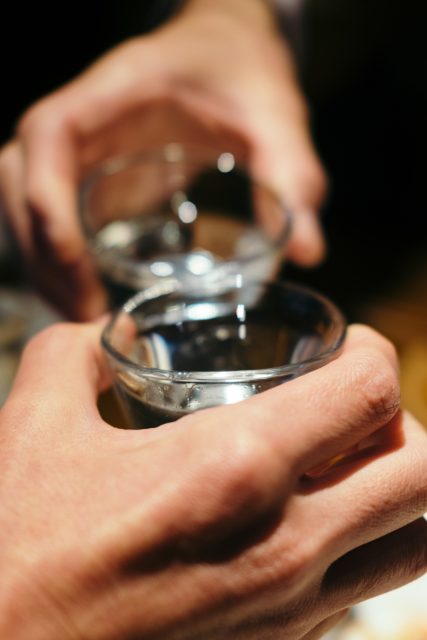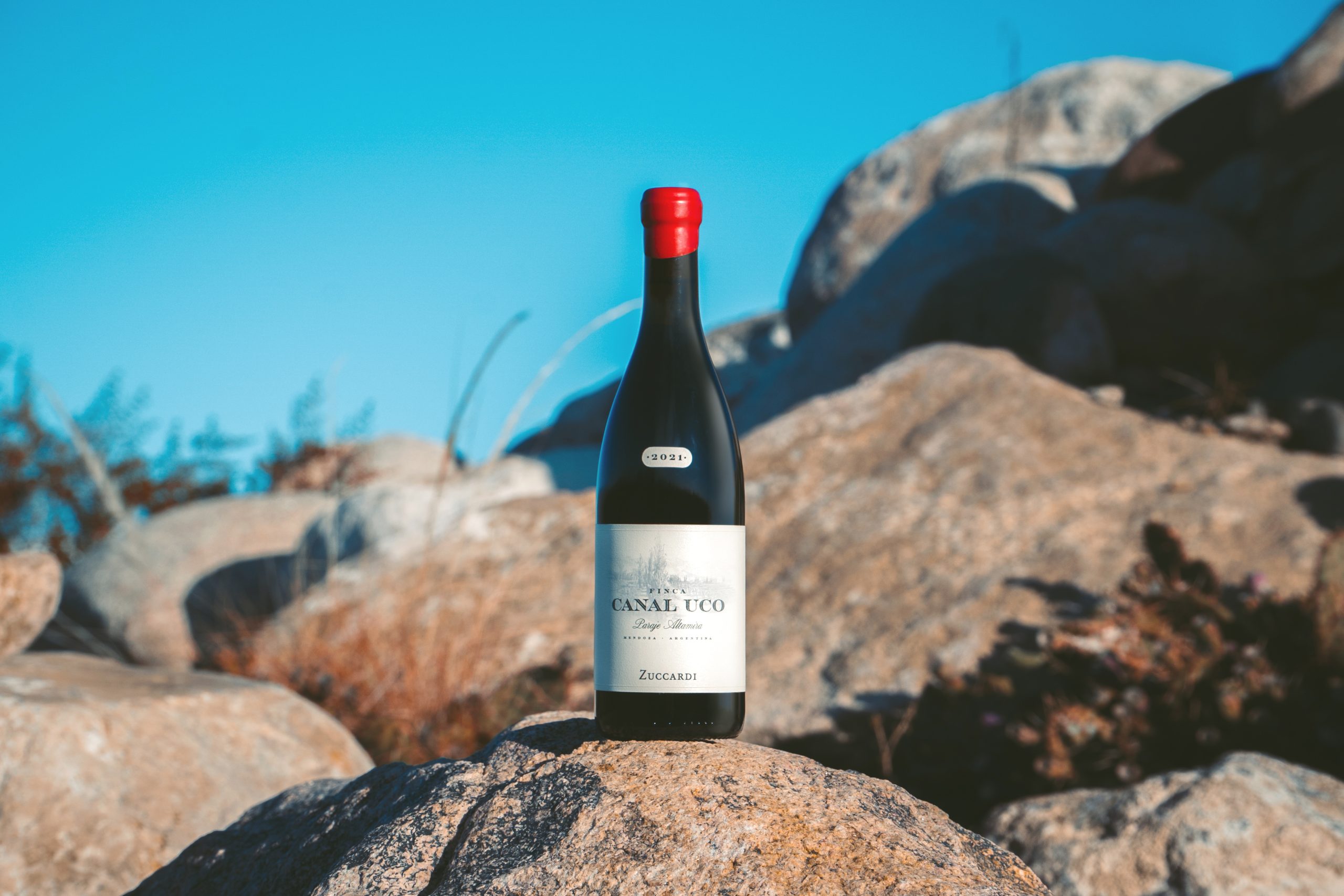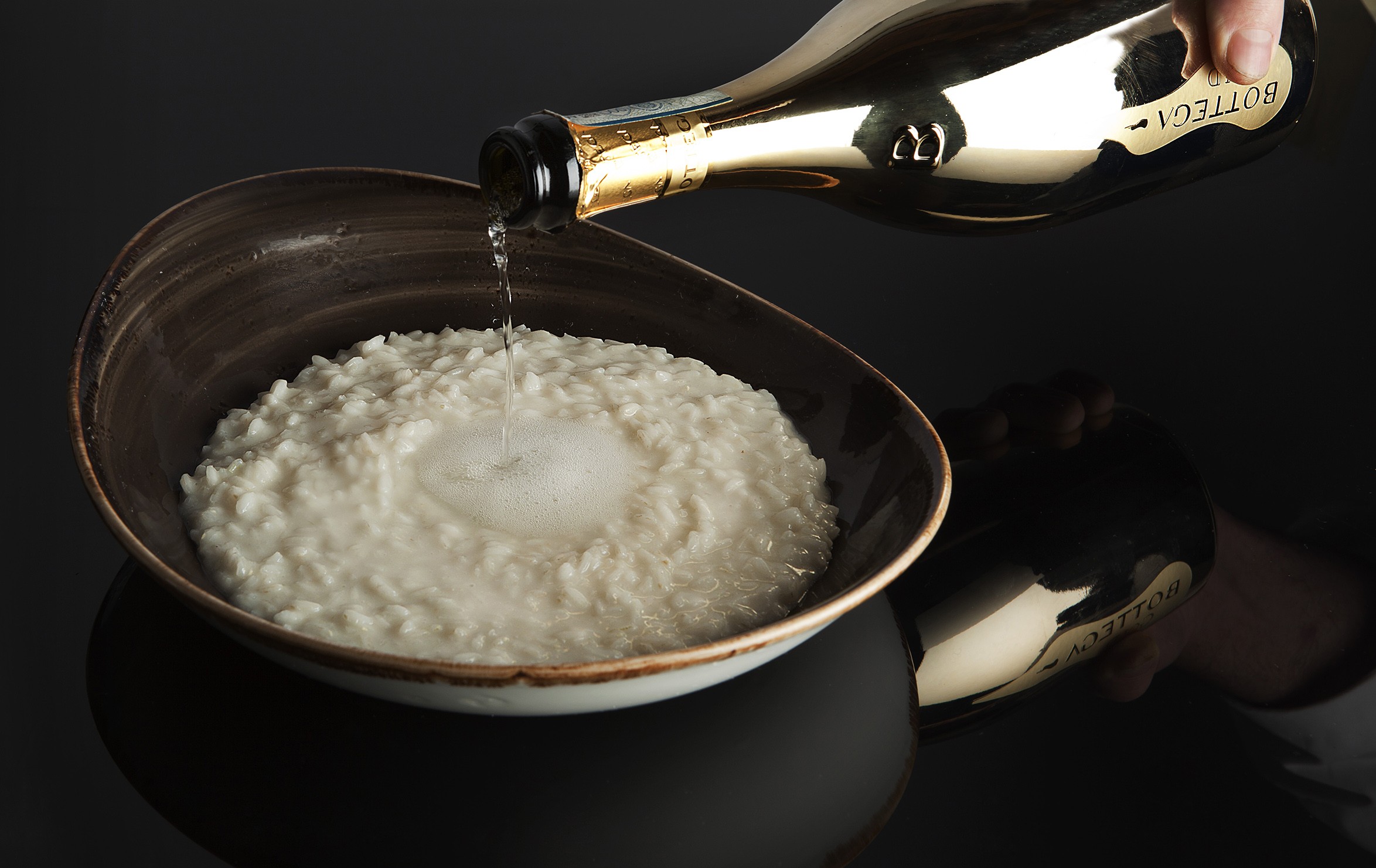Japan makes major U-turn on alcohol advice
Just one year after a government-backed project was launched to counter the drop in consumption among young adults, Japan’s latest draft of guidelines on health-conscious drinking warns that one beer or glass of sake a day could be dangerous.

Japan’s health ministry has released a revised draft of the country’s first set of guidelines on health-conscious drinking, which claims that consuming a mug of beer or a glass of sake a day increases the risk of cancer.
“It is important to keep alcohol consumption as low as possible,” the draft says, according to reporting by The Asahi Shimbun newspaper.
New guidelines specifically warn against the consumption of more than 20 grams of pure alcohol per day — the equivalent of 500ml of beer or a glass of sake — or 150 grams per week.
But these recommendations are not as drastic as they sound.
A unit, which the UK uses as a measurement of alcohol, equates to 10ml or 8g of pure alcohol. It is equivalent to the approximate amount of alcohol the average adult can process in an hour. The UK national health service (NHS) recommends that adults consume no more than 14 units of alcohol a week, spread across 3 days or more.
Japan’s new guidelines recommend the equivalent of 18.75 units per week, which is significantly higher than the UK recommendation.
Health guidelines in the US recommend no more than two alcoholic drinks for men per day, and one for women. In the US, a standard drink contains 14 grams of alcohol, meaning the recommendation is slightly higher for men in the US compared to Japan (28g vs 20g per day), but lower for US women (14g per day), as Japan’s guidelines don’t distinguish between sexes.
Partner Content
The new guidelines are, however, still a stark contrast from previous messaging from Japanese officials.
The country’s alcohol intake has been sliding for over a decade. Figures release by the tax agency show that per adult, Japan’s average annual intake of booze has dropped from 100 litres per year in 1995 to 75 litres in the 2020 fiscal year.
In August 2022, the Financial Times reported on the government-backed ‘Sake-Vida!’ contest which called on people aged 20-39 to devise business ideas which would revitalise the declining industry.
Earlier in the year, the Japanese tax agency launched an ‘Enjoy Sake!’ project requesting ideas for events to promote the sale of alcoholic beverages.
According to the FT, Japan’s health ministry said it had not co-operated with the tax agency on its contest but was in close regular contact with it over alcohol and health issues. The ministry added that it expected the campaign to be mindful of the “appropriate amount of alcohol consumption” that would avoid major health problems.
As such, the new messaging is a drastic change in tone from previous government-endorsed campaigns.
Pushback from health professionals is to blame for this sharp U-turn. Even as recently as July, the ministry presented a preliminary draft of the guidelines that did not include the “20 grams” level, but criticism from health professionals arguing that the guidelines were “going against the global trend toward reducing alcohol consumption” led to the revision, which added detail about the specific quantity of alcohol which is deemed by the Japanese government to be a recommended limit.




